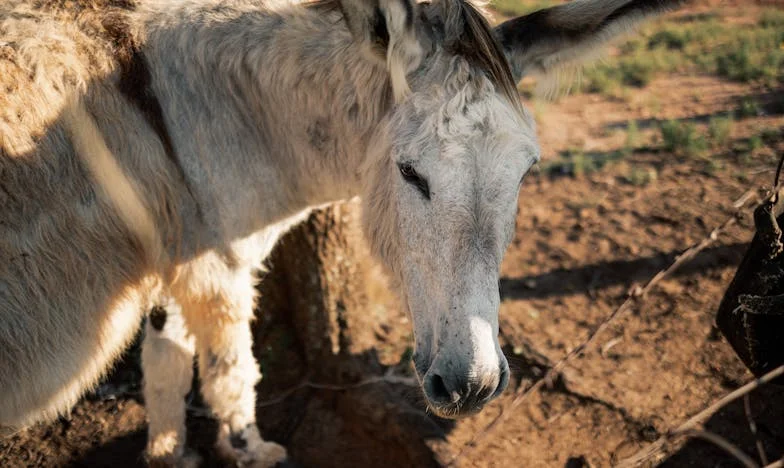A Different Kind of Parenthood: A Story of Yearning and Belonging
“You’re not my real mom!” The words flew out of my mouth before I could stop them, echoing in the cramped kitchen where my mother—Deborah—stood frozen, the wooden spoon clattering onto the linoleum floor.
I was fourteen, home from school, my backpack still slung over one shoulder, trembling from the argument that had started over something as trivial as the clothes I’d chosen for the school dance. But that’s how it always started—something small, then suddenly all the hurt and confusion I’d bottled up would explode into the air between us.
She just stared at me, her lips parted, her eyes shimmering with a pain I’d never seen before. My little brother, Ethan, peeked in from the living room, his eyes wide. For a long minute, no one dared breathe.
I ran upstairs, slamming the door so hard a picture frame rattled and fell. My heart pounded with guilt and something else—a twisted sense of relief. I’d finally said it.
The truth? I never felt like I belonged. It wasn’t that my parents were cruel or neglectful. They were, if anything, too attentive, always checking in, asking questions, worrying. But there was always an invisible wall between us, something I couldn’t name, until the day I overheard a whispered conversation between Mom and Dad. Words like “adoption,” “closed records,” and “she’ll never have to know.”
From that moment, everything changed. I scrutinized every gesture, every family photo, every shared joke, searching for proof of my otherness. I wondered about my real mom—where she was, what she looked like, if she ever thought about me. I’d stare in the bathroom mirror, searching for traces of someone else in my face.
School was my escape. The halls of Jefferson High were loud and chaotic, but there, I could pretend. It was March, and everyone was buzzing about the upcoming Spring Dance. Kacper Evans—the boy I’d been crushing on for months—had said in class that women loved roses. The way he looked at me when he said it made my cheeks burn. Was he hinting at something? The thought carried me through the rest of the day, my heart fluttering with hope.
At home, though, things only got worse. My outburst in the kitchen became a cold war. Mom tried to act normal, but I saw her red eyes, the way she lingered at my doorway, silently begging for a truce. Dad tried to distract me with offers to help with homework or take me out for ice cream, but I shrugged him off, desperate for space.
I started spending more time at my friend Emily’s place. Her mom was loud and funny, always baking cookies, letting us stay up late watching old movies. Their house smelled like vanilla and laughter—a world away from the tension that hung in my own home. One night, after Emily fell asleep, her mom found me crying in the kitchen. “Honey, families are messy. But love isn’t about blood. It’s about showing up.”
I wanted to believe her. But I couldn’t stop wishing for something else—someone else. I started searching online, reading stories about adopted kids finding their birth parents. I even sent away for my records, but got a letter back: CLOSED FILE. My questions only grew.
The week of the dance arrived. Kacper smiled at me in the hallway, and my friends giggled, convinced he’d ask me to go. But when Friday came, he handed a single rose to Madison, the cheer captain. The look he gave her was nothing like the one he’d ever given me. My heart broke quietly, without drama.
That night, when I returned home in my wrinkled dress, Mom was waiting. She started to say something, then stopped. I saw the pain in her eyes—the same pain I’d felt all week.
“Why do you even care?” I snapped. “You’re not even my real mom.”
She took a shaky breath. “Veronica, I know I’m not your birth mother. But I am your mother. I was there when you took your first steps. I stayed up all night when you had the flu. I cheered at every recital and cried at every scraped knee.”
I wanted to scream, but the words caught in my throat. Instead, tears fell—angry, desperate tears. “I just want to know where I came from. Why can’t you understand that?”
She reached for my hand. “Because I’m terrified you’ll find her and realize I’m not enough.”
For the first time, I saw her not as the enemy, but as a woman who loved me fiercely, imperfectly. “I don’t want to replace you,” I whispered, “I just want to know who I am.”
We sat there, two broken people trying to build a bridge over years of silence. She promised to help me, as much as she could. We cried together, and for the first time, it felt like we were finally speaking the same language.
The search for my birth mother didn’t lead to a fairy-tale reunion. The records really were closed. I never found her. But Mom and I learned to live in the questions, together. We started going to therapy. I let her in, little by little. I realized that real parenthood isn’t chosen once—it’s chosen every single day, sometimes in the face of rejection, heartbreak, and silence.
Sometimes, I still catch myself wondering: Would things have been different if I’d grown up with my birth mom? Would I feel more whole? Or would I still be searching for home, in someone else’s kitchen, someone else’s laughter?
Does anyone ever really feel like they belong? Or do we just learn to love the family we find ourselves with, one imperfect day at a time?
